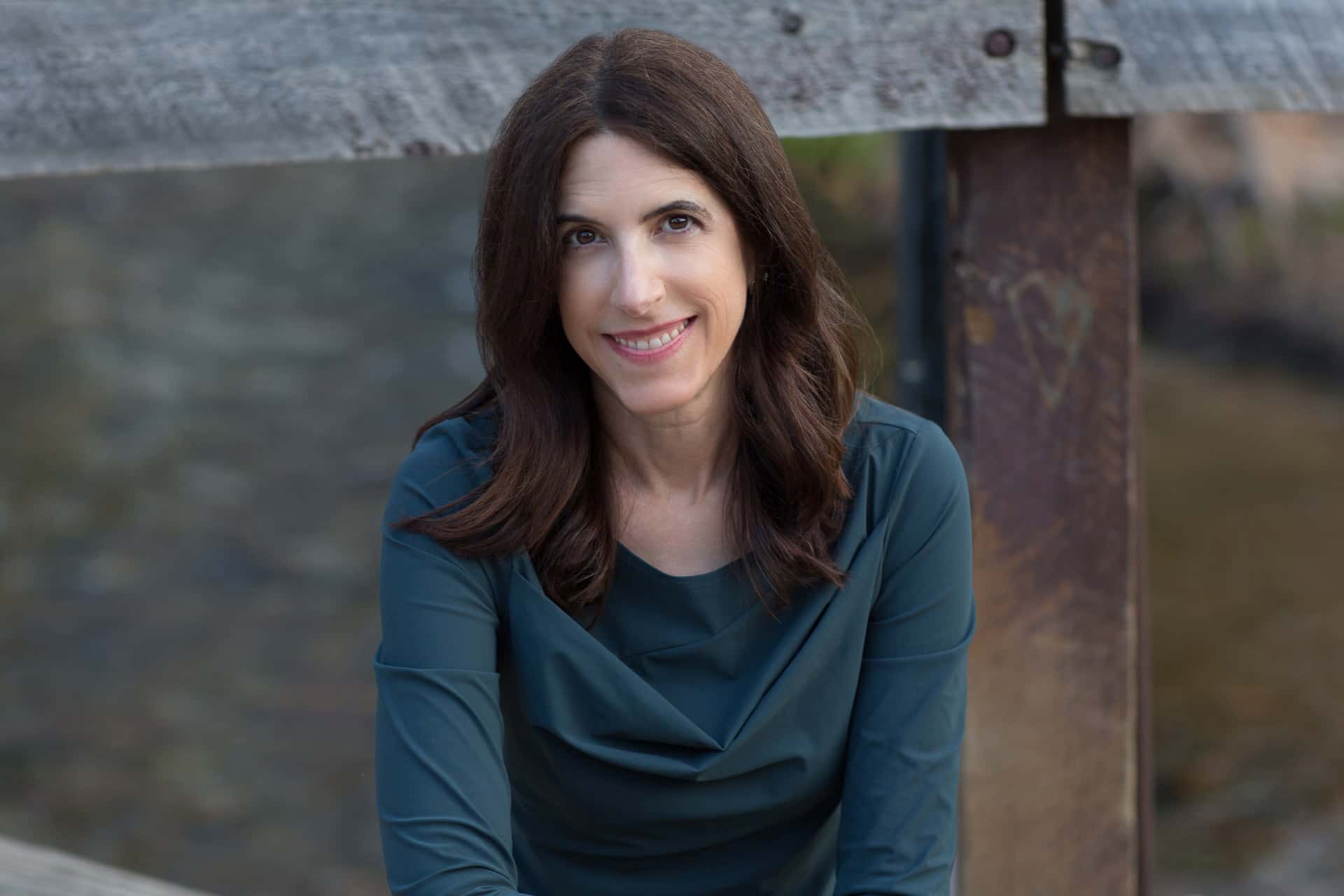
How Heartbreak Can Literally Lead to Broken Heart Syndrome
This week on our nationally syndicated radio show, we learn how heartbreak can have physiological consequences on the heart and other organ systems. Broken Heart Syndrome, also called Takotsubo, is a form of stress cardiomyopathy. The effects of stress hormones due to an emotional blow or a serious illness can weaken the heart muscle.
A Personal Account:
Nature writer Florence Williams chronicled her own experience with heartbreak. She was devastated when her husband of 25 years told her he was leaving their marriage. To understand the physiological effects of this emotional trauma, she interviewed leading researchers. Although Florence herself did not experience broken heart syndrome, she spoke with a woman who nearly died from this coronary condition. Takotsubo can affect men as well as women, but it appears to be more common among postmenopausal women. Doctors have diagnosed it more frequently during the past decade, but no one knows if it is actually becoming more frequent or if they are just getting better at recognizing the symptoms. (They are troublesome shortness of breath, chest pain, fatigue, and an inability to catch one’s breath despite moving or relaxing.)
Turning to Nature:
Florence found that time in nature was helpful as she recovered. She learned, in the course of her interviews, that people who experience awe in the face of beauty seem to have extra resilience. Connecting with other people is an important part of our emotional life. Consequently, when we lose a significant connection, the loss feels intense.
Broken Heart Syndrome as a Result of Heartbreak:
To better understand the physiological impact of heartbreak and how it could produce broken heart syndrome, we spoke with Dr. Susan Cheng. She was the lead author of an article published about Takotsubo Syndrome in the United States (Journal of the American Heart Association, Oct. 19, 2021). She described the effects of stress hormones on the muscles of the heart. That stress could be something as severe as a natural disaster or a serious illness. Or it might simply be completely unexpected. One woman developed broken heart syndrome when her friends threw her a surprise party!
Recovering from Heartbreak and Broken Heart Syndrome:
According to both guests, experts believe that most people recover, with time, from emotional heartbreak and physiological broken heart syndrome. Resilience can help with recovery. Cardiologists are still investigating whether Takotsubo leaves the heart at higher risk for subsequent problems. In most cases, however, heart function and chemistry appear normal after recovery. To aid doctors in diagnosing broken heart syndrome, patients must tell their stories and clinicians must listen attentively.
This Week’s Guests:
Florence Williams is an American journalist and nonfiction author whose work focuses on the environment, health and science. She is the author of The Nature Fix: Why Nature Makes Us Happier, Healthier, and More Creative and Breasts: A Natural and Unnatural History
Her most recent book is Heartbreak: A Personal and Scientific Journey. The photograph of Florence Williams is copyrighted by Casie Zalud.
Susan Cheng, MD, MMSc, MPH is the Erika J. Glazer Chair in Cardiovascular Health and Population Science, director of Cardiovascular Population Sciences, and director of Public Health Research in the Barbra Streisand Women’s Heart Center and Smidt Heart Institute at Cedars-Sinai. Dr. Cheng is a cardiologist, echocardiographer, and clinician-scientist who leads research programs aimed at uncovering the drivers of cardiovascular aging in women and men.
Listen to the Podcast:
The podcast of this program will be available Monday, March 14, 2022, after broadcast on March 12. You can stream the show from this site and download the podcast for free.
Citations
- Pattisapu VK et al, "Sex- and age-based temporal trends in Takotsubo Syndrome incidence in the United States." Journal of the American Heart Association, Oct. 19, 2021. DOI: 10.1161/JAHA.120.019583

